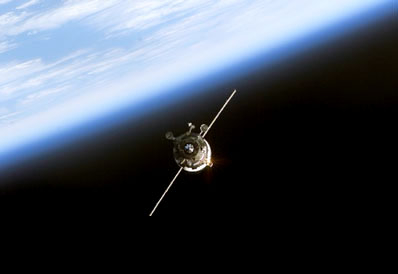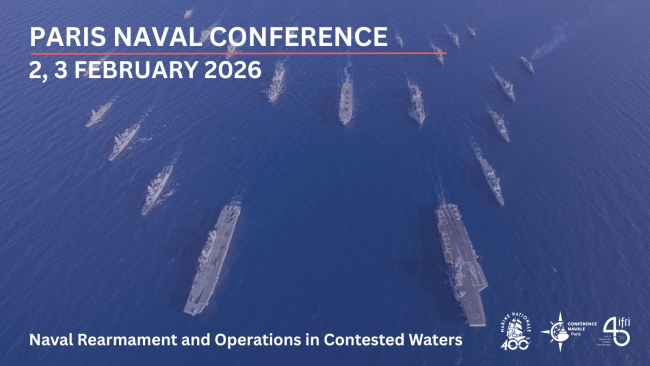
Practical information
This closed seminar is a collaboration endeavor. A general introduction and two short presentations on legal and political points of view will set the stage for what we hope will be an engaging discussion, under the guidance of an experienced moderator. Each participant will be asked to actively and constructively contribute his or her understanding of the issues at stake. We hope that the seminar will provide a stimulating dialogue and new insights for all participants.
All discussions will take place under the Chatham House Rule.
9:00-9:30 Welcoming remarks
Laurence NARDON, Senior Research Fellow,
Head of the Space Policy Program and United States
Program at Ifri
Main Challenges for Today"s Space Community
Guilhem PENENT, Space Policy Program at Ifri
9:30-9:45 Orbits and Frequencies: status, repartition, regime
Tanja MASSON-ZWAAN, Deputy Director of the
International Institute of Air and Space Law at Leiden
University
9:45-10:00 Political Issues of Satellite Telecommunications
Xavier PASCO, Senior Research Fellow at the Fondation
pour la Recherche Stratégique (FRS) in charge of the
Department “Technology, Space and Security”
10:00-11:00 Discussion: The current legal regime and
its inadequacies 1/2
. Harmful interferences as cause and symptom:
a test case for ITU?
Moderator : Laurence NARDON
11:00-11:15 Coffee break
11:15-12:30 Discussion: The current legal regime and
its inadequacies 2/2
. Abuses and dispute resolution procedures:
ITU in the 21st century
Moderator: Laurence NARDON
12:30-12:45 Synthesis of the Day
Gérard Brachet, Member of the Noard of SWF,
Consultant in Space Policy, Vice-President of the
International Astronautical Federation
12:45-14:15 Lunch and concluding remarks: The Way Forward
Other events

Paris Naval Conference 2026: Naval Rearmament and Operations in Contested Waters
This fourth edition of the Paris Naval Conference (CNP), bringing together high-level military, industrial, and academic speakers, will address the challenges associated with general naval rearmament and naval operations in increasingly contested environments.

Is Fusion Coming Faster and Cheaper than Expected?
ITER was for long time the embodiment of fusion as an international, long standing R&D cooperation objective to seek a new way to produce safe, low carbon and abundant low carbon electricity. Yet over past years, fusion start ups, several governments and investors have decided to push fusion R&D and deployment to complement ITER. Major efforts are ongoing notably in the United States, China, Germany, Italy.

EV Supply Chains for Japan and Europe: Strengthening Economic Security
Economic security aims to ensure the resilience of supply chains for key industries: the case of electric vehicle production in Japan and Europe will be discussed.







